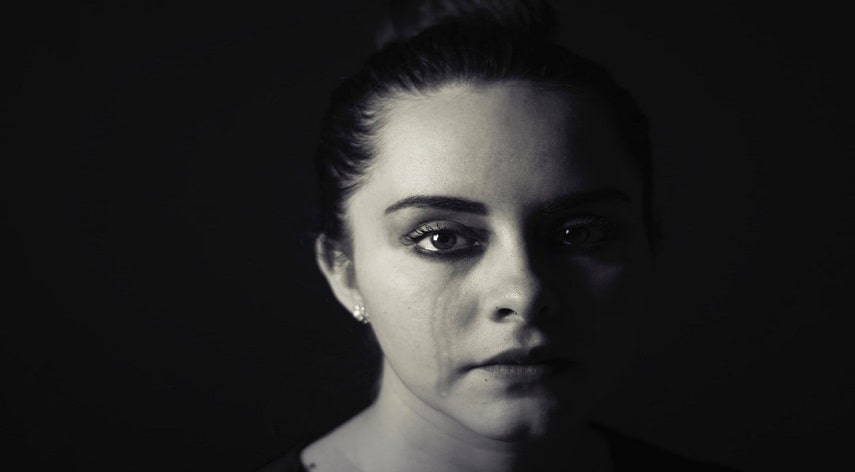What Are the Different Signs of an Eating Disorder?

About 30 million Americans have struggled with an eating disorder at some point in their lifetime. Despite this growing prevalence, many people don’t know how to spot the signs of an eating disorder.
Recognizing the problem could ensure you receive eating disorder help right away.
Otherwise, living with an eating disorder long-term could put your physical and mental health at risk.
Not sure if you or a loved one needs eating disorder treatment? Read on to discover the signs of a disorder today!
Table of Contents
ToggleRitualistic Behaviors
People who are living with an eating disorder often develop food rituals.
For example, they might only eat one category of food. They might cut food into tiny pieces instead. Many people with an eating disorder restrict foods in excess.
Putting foods “off limits” can create a negative relationship with food and eating. If a loved one needs complete control over what they do and don’t eat, it could indicate a bigger problem.
Other ritualistic behaviors include excessive or secretive exercise.
Social Withdrawal
Someone struggling with an eating disorder could experience anxiety if they’re not getting the proper vitamins and minerals. They might socially isolate themselves due to their depressed feelings.
If you or a loved one is withdrawing from friends or activities (namely, activities that involve food), it could indicate a problem.
Perhaps your loved one makes excuses to avoid eating together. They could withdraw out of shame, embarrassment, or fear of what people might think. If these situations sound familiar, your loved one might need eating disorder treatment.
You can find a registered dietitians here to learn more about residential treatment.
Physical Symptoms
Binge eating, restricted eating, and specific eating disorders like anorexia and bulimia can cause physical strain. Each eating disorder causes its own range of symptoms, though these can include:
- Stomach cramps
- Acid reflux
- Dizziness or fainting
- Excessive fatigue
- Anemia
- Low thyroid levels
- Low blood pressure
- Difficulty sleeping
- Impaired immune function
- Feeling cold all the time
- Dry hair or skin
- Hair loss
- Discolored teeth
- Weight fluctuations
If these symptoms sound familiar, consider seeking eating disorder help before complications develop.
Body Insecurity
Someone with an eating disorder could develop body insecurity and low self-esteem. They might have obsessive, negative thoughts about their body shape and size, too.
If your loved one is sensitive about their appearance or calls out their perceived flaws often, talk to them. Intervening and encouraging them to seek eating disorder help could ensure they avoid future health issues.
It could make all the difference to their self-esteem, too.
Seek Help: Recognize the Signs of an Eating Disorder
If these signs of an eating disorder sound familiar, don’t hesitate to seek help for yourself or a loved one. Receiving eating disorder help could benefit your mental and physical health long-term. You can reevaluate your relationship with food before it has dire consequences.
You don’t have to keep living with an eating disorder. Start treatment today.
Searching for more helpful guides? You’re in the right place.
Explore our latest articles for more.
Recommended For You
Spread the loveSexual health is an essential aspect of personal well-being. If you’re based in London and need STI testing,
Spread the loveIn today’s fast-paced world, managing your health effectively is more important than ever – especially for those of
Spread the loveThe EGFR blood test is an important way to check how well the kidneys are working. It checks



